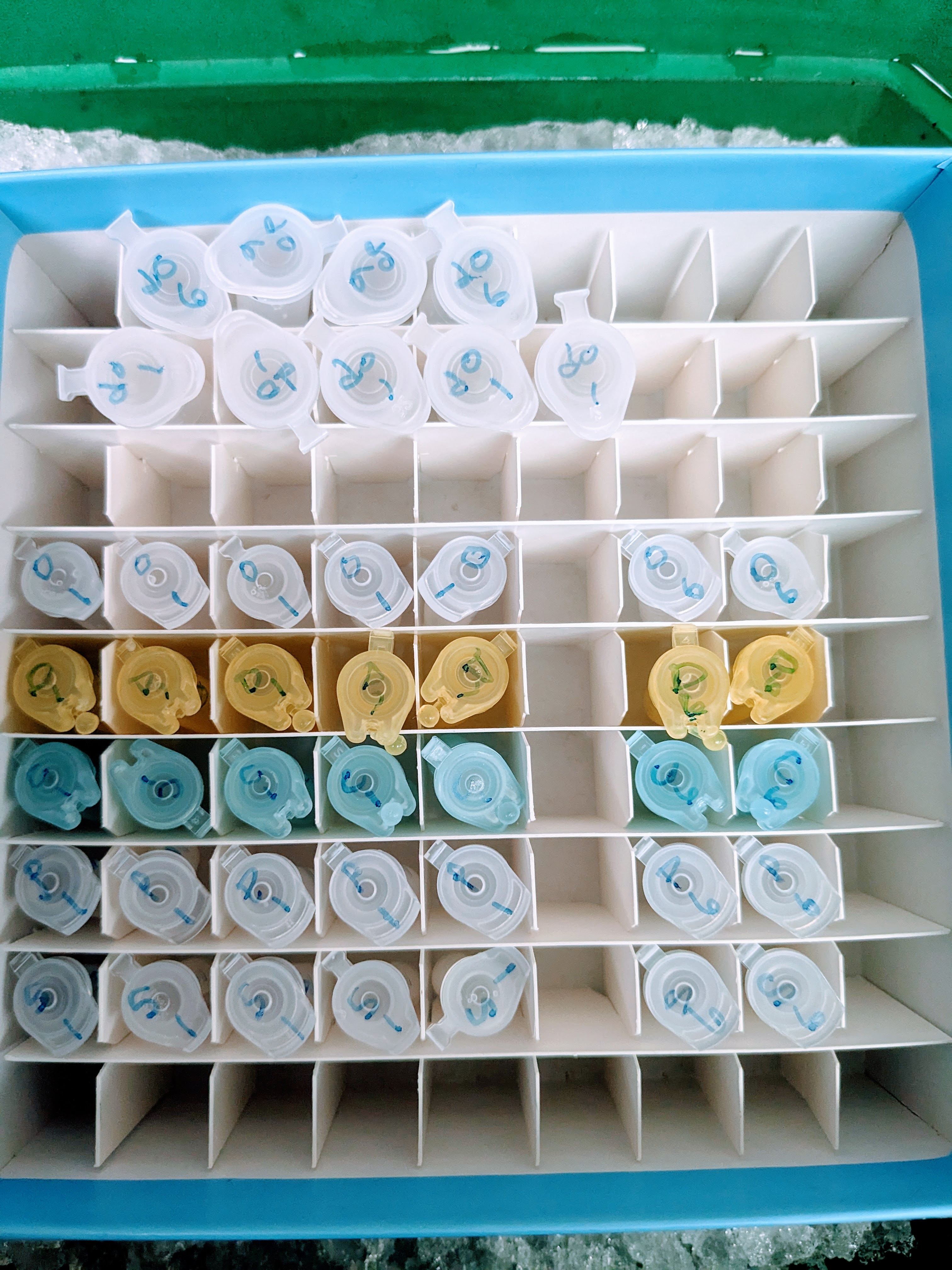
Research
The Villen Lab seeks to develop and apply novel experimental and computational technologies for global proteome characterization to answer fundamental questions in cell biology and disease. We use quantitative mass spectrometry to measure dynamic changes in protein abundances, protein post-translational modification states, and to characterize interacting partners across multiple conditions.
The three main research themes of our lab are:
- Protein phosphorylation as a general regulatory mechanism is involved in a myriad of cellular functions. Two major questions we are trying to answer on a systems scale are: how phosphorylation is integrated into the multiple insults and responses to shape the proteome, and how signaling circuits evolved to accommodate proteome functional complexity. Some of the current projects in the lab in this area are:
- Characterization of protein phosphorylation events: Collecting massive data sets to unravel structural, functional and evolutionary features of phosphorylation.
- Signaling and aging: We are studying the signaling mechanisms underlying lifespan extension under dietary restriction, or via inhibition of mTOR.
- How protein concentrations are balanced, regulated and altered through gene expression and degradation to accommodate multiple cellular functions. Specifically, we are studying:
- Effects of protein phosphorylation in protein stability and degradation: Interplay of multiple post-translational modifications and effects in protein degradation.
- Protein translation as a mechanism to regulate protein concentration: Studying the mechanisms of protein translation and monitoring protein synthesis using quantitative mass spectrometry.
- Characterizing the impact of amino acid substitution on protein function proteome-wide. DNA sequencing has identified millions of mutations that change protein sequence, but it is difficult to determine the impact of these mutations on protein function. We have established Miro, a proteomic technology that couples mistranslation to introduce amino acid substitutions proteome-wide with biochemical assays to quantify the functional impact of thousands of protein variants by mass spectrometry. We are currently expanding this approach to discover novel insights into protein biology and to accelerate our mechanistic interpretation of human genetic variation that could contribute to disease.